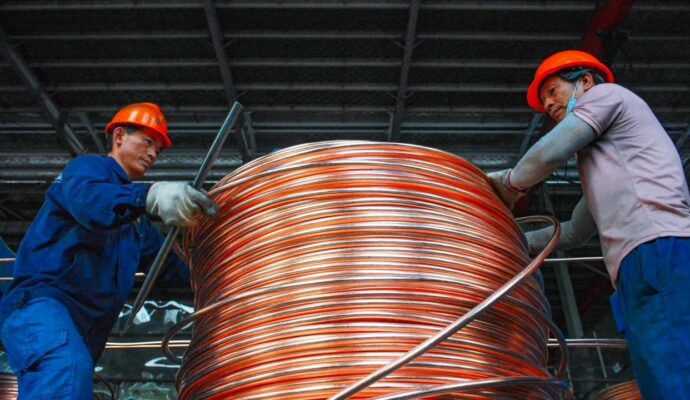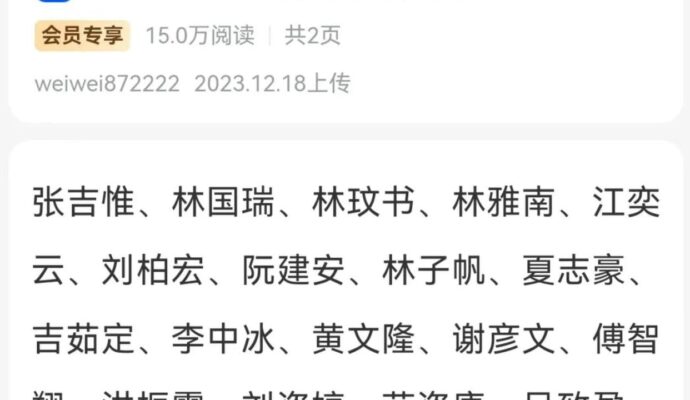However, divisions persist within the bloc over how to deal with China owing to each nation’s varying national interests concerning de-risking and national security, according to some senior EU diplomats.
Last week, EU chief Ursula von der Leyen unveiled a road map for de-risking economic ties with China. But diplomats from France, Germany, Italy and the Netherlands were among those expressing concern about “national security” and seeking a watering down of the plan’s conditions.
While there is broad support for reducing Europe’s dependencies on China and finding alternative suppliers for critical goods, some have voiced concern that the European Commission is moving too quickly and too expansively.
During a meeting with Chinese Premier Li Qiang in Berlin, German Chancellor Olaf Scholz said Berlin did not plan to decouple from Beijing as it sought to maintain trade relations.
French President Emmanuel Macron expressed a similar sentiment when he met Li in Paris last week.
Earlier this month, Fu Cong, the Chinese envoy to the EU, stressed that “de-risking should not become decoupling in another name”.
“There is no evidence that they are harming cybersecurity, and in our view, these baseless accusations go against the spirit of fair play and fair competition,” Fu said.
[embedded content]
Meanwhile, EU foreign policy chief Josep Borrell said de-risking was not without its own risks and that it was important for EU nations to debate the subject further.
In remarks to the EU Institute for Security Studies in Paris on Wednesday, Borrell said the EU’s attempt to cut energy imports from Russia had led to the bloc depending on renewables.
But this effort had increased the bloc’s exposure to China, he said, which controls 80 to 90 per cent of the refining and end-products needed to transition to green energy practices.
“So, it is not always easy to say objectively where de-risking ends and decoupling begins,” Borrell said, adding that Europe needed “a real debate” on the matter. He added that although EU institutions could propose measures, “it is member states that decide”.
Aside from economic security for some EU nations, “Beijing’s position on Russia’s invasion of Ukraine is the key order of the day, leading to differences over dealing with China”, according to Grzegorz Stec, analyst at the Mercator Institute for China Studies, a think tank.
“These differences in priorities at times lead to frictions,” he said.
China’s decision not to formally condemn Russia’s invasion of Ukraine has proved another sore point in its fraught relations with the EU.
Beijing, which downplayed an attempted uprising against Russian military leaders by the Wagner paramilitary group over the weekend, has deepened wariness about China’s alliance with Moscow among certain nations in the bloc, according to some EU officials.
“As Russia’s friendly neighbour and comprehensive strategic partner of coordination for the new era, China supports Russia in maintaining national stability and achieving development and prosperity,” the Chinese foreign ministry said in a statement after the Wagner revolt.


